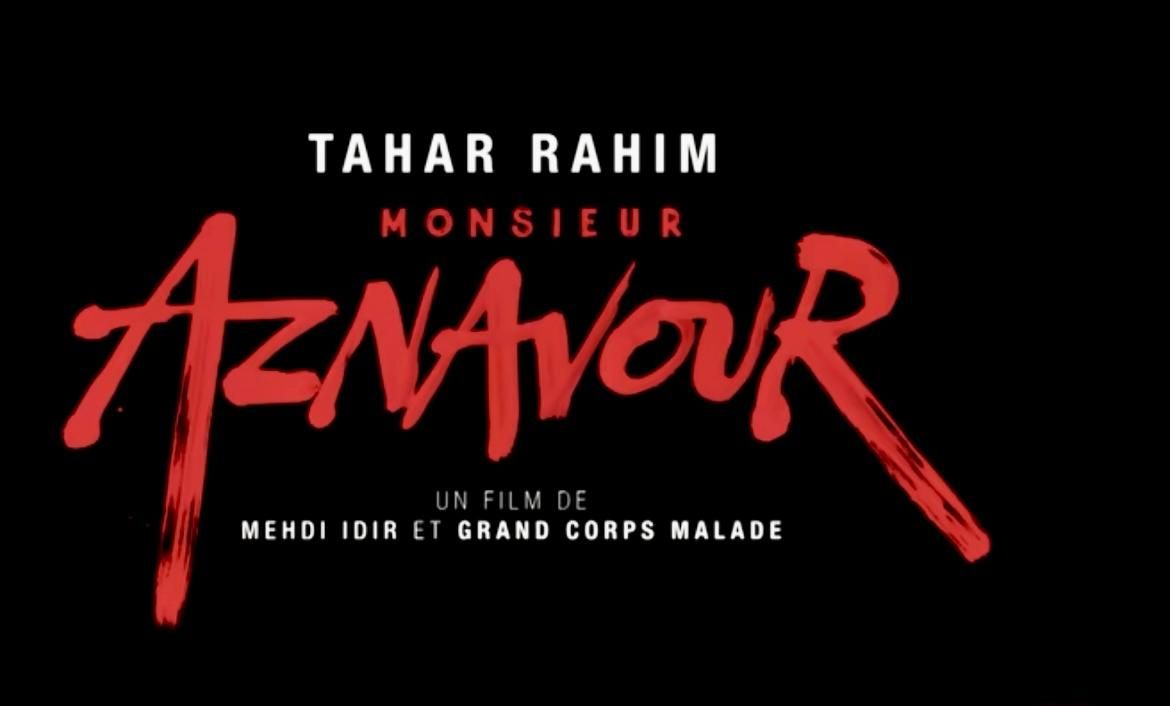
The film Monsieur Aznavour explores the life of the iconic singer, revealing the struggles and triumphs that shaped a legendary artist whose impact on French song endures six years after his death.
A singer. A voice. A legend. Charles Aznavour, with his distinctive stature and unique timbre, left an indelible mark on French song during his lifetime and well beyond his death. His words and melodies have cradled entire generations for decades, touching millions of hearts. The film Monsieur Aznavour, set to release on Wednesday, October 23, in France before conquering Belgian movie theaters, traces the tumultuous career of this immense artist who sought to reach the ends of the earth. Through a captivating narrative, the biopic reveals the rise of a singer whose global fame truly blossomed only at the end of his life, despite a journey filled with obstacles and doubts.
Aznavour's "handicaps"
Passing away in 2018 at the age of 94, Aznavour never concealed the challenges he had to overcome to reach the heights of success. In his autobiography, he candidly lists his “handicaps”: “My voice, my height, my gestures, my lack of culture and education.” These words come to life throughout the film, illustrating the character strength of a man determined to triumph despite the hurdles.
Directed by Fabien Marsaud, known as Grand Corps Malade, and Mehdi Idir, this film is their third collaboration. They shed light on the journey of a child of Armenian immigrants born in Paris, who managed to sell over 100 million albums and write iconic songs such as Emmène-moi and La Bohème. The narrative revolves around his path, from hesitant first steps in the world of music hall to international recognition.
Franco-Algerian actor Tahar Rahim portrays a driven Aznavour, consumed by a desire for revenge against those who doubted him. In this poignant narrative, the artist confronts his doubts while relentlessly pursuing a dream that seemed unattainable to many.
An authentic dimension
To portray Aznavour, Rahim underwent a complete transformation, both physically and artistically. Aware that his resemblance to the singer was limited, he underwent six months of intensive training, learning piano and dedicating six to eight hours a week to vocal practice. This immersion allowed him to sing Aznavour's songs himself, adding an authentic dimension to his performance.
The first part of the film depicts the mentorship of Édith Piaf, who took Aznavour under her wing during a time when he struggled to assert himself. This role is brilliantly portrayed by Marie-Julie Baup, who embodies "la Môme" with flair. Piaf, both nurturing and demanding, pushes Aznavour to transform, advising him to undergo a nose operation she deems necessary. This tumultuous and formative relationship is at the heart of the narrative, marking a crucial turning point in the young artist's career.
Beginnings and endings
Rather than skimming over the 90 years of a rich and complex life, the directors initially considered focusing solely on Aznavour's struggles. Ultimately, they opted for a more balanced narrative that highlights his transition to success while not overlooking his difficult beginnings.
The film, co-produced by Aznavour's son-in-law, also depicts a man grappling with the demands of fame, often at odds with his family life. “If I have to neglect everything around me, then I will,” his character says, illustrating the personal cost he had to pay to fulfill his dream. In sum, Monsieur Aznavour pays tribute to an artist who, despite obstacles, managed to conquer the world with his unique voice and timeless songs.
With AFP



Comments